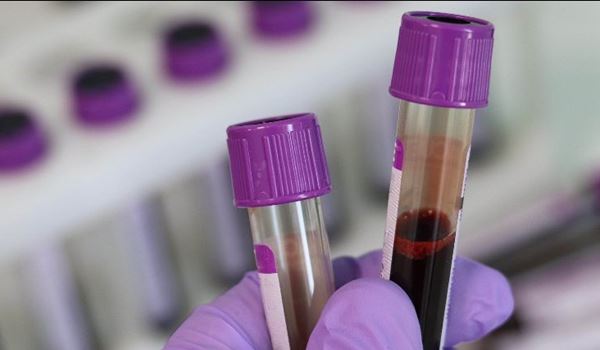Why are GP Practices still working differently?
Things are getting back to normal - why isn't my GP?
The pandemic is not over yet and the modelling suggests that COVID is continuing to spread. We are trying our best to maintain a balance of protecting our patients particularly those who are vulnerable from unnecessary exposure to risks, we are able to do so by minising physical visits to the practice, maintaing social distance and observe strict measures of infection control.
How are practices working now?
All patients are being offered telephone consultations - this means that you are able to receive care when needed and we are able to offer face to face consultations to those who need physical examination or make sure face-to-face appointments are reserved for those who really need them. We are able to offer video consultations where appropriate. Our system has helped us to ensure that everyone get the type of appointment they need and you don't have to travel to the surgery if it is not necessary. Our experience suggests that in many cases we are able to effectively offer treatment after telephone consultation. We are also able to offer an appointment for face to face consultation that esures we can see you within recommended guidance for infection prevention and control.
What is Triage?
The doctor will assess all the information from every phone query and eConsult and decide who needs to be seen in person, who needs a phone consultation, who needs to be seen via video and who can be directed to a community pharmacist etc.
What is eConsult?
eConsult is an online way of contacting your doctor to get help and support. There is lots of information that you can use to help yourself too.
Find out more by watching this video: https://www.youtube.com/watch?v=1fGEpzrgAJc
Why do reception staff ask personal questions?
GP reception staff are vital members of the practice team and treat all information as confidential. They ask questions to ensure that patients are directed to the best support, within and outwith the practice. They are trained to ensure patients are able to seek advice from their GP or nurse in a timely way and by asking the reasons for your contact they are able to prioritise your request and inform relevant team member to attend to it in good time.
Where else can I get help?
Community Pharmacists (chemists) can help with many common ailments and illnesses and can prescribe some medicines too.
You can also contact Minor Eye Conditions Service to seek advice about eye symptoms for further information please follow link as follows - https://www.cheviotroadsurgery.nhs.uk/minor-injury--illness
Learn more about using appropriate services in the time of need by following link below
Use the Right Service
What about emergencies?
If it is a genuine medical emergency then you should call 999 and ask for an ambulance.
If you need emergency care but are not in imminent danger then you should call 111
Please be patient
Primary Care Teams have been on the frontline and have been working incredibly hard throughout the pandemic. We really are doing our best to help you.
Just like you we want to get back to as close to normal as possible as soon as possible, but we are not there yet.

